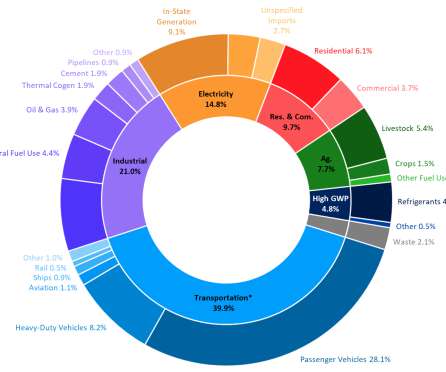Urgent: Assemblymember Chris Holden Trying to Kill California’s 100% Renewable Climate Bill, #ChangeTheClimate, #SB100
Creative Greenius
SEPTEMBER 14, 2017
SB 100 (De Leon) – California Renewables Portfolio Standard Program. SB 100 accelerates the existing renewable energy targets to 60 percent RPS by 2030, and requires retail energy sellers to plan, model, and invest over the next 28 years to reach the 100% clean, zero carbon, and renewable energy target.



























Let's personalize your content